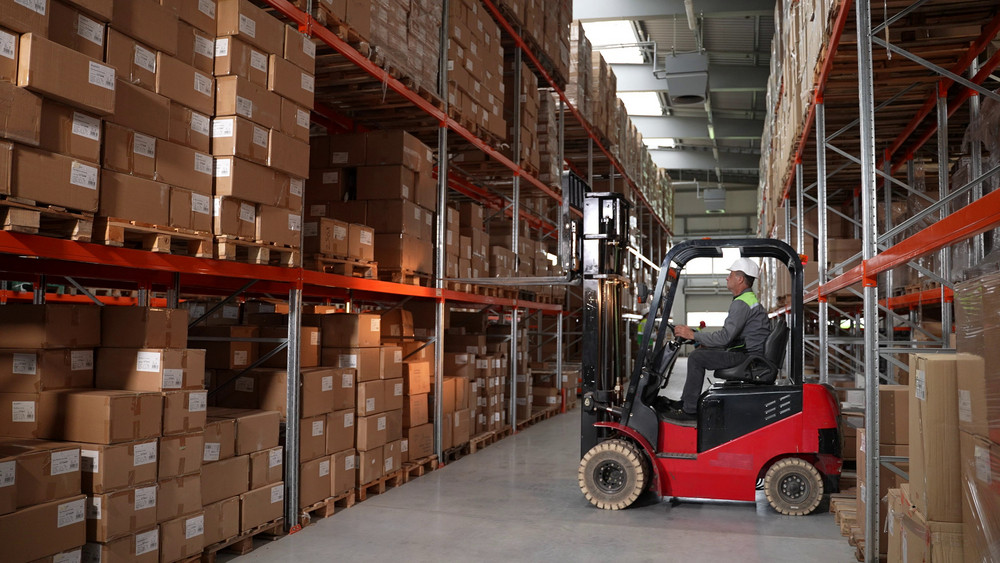How Small Businesses Can Build Resilient Supply Chains

Supply chain disruptions can throw your entire operation off track—delays, lost revenue, and disappointed customers all follow quickly. For small businesses, a single bump in the road can have a drastic impact. Learning how small businesses can build resilient supply chains isn’t just a bonus; it’s a must-have for staying competitive and growing steadily. Resilience means you can keep moving forward, even when surprises pop up.
Here’s how you can make your supply chain stronger, step by step.
Diversify Your Supplier Base
Counting on one supplier leaves your business exposed. If that supplier runs into trouble, your products could get stuck in limbo. Spread out the risk by working with several suppliers.
With a broader supplier network, you’re less likely to experience gaps. When someone can’t deliver, another partner can often step in. This kind of flexibility shields your business from unnecessary holdups and keeps things running smoothly.
Prioritize Clear Communication
Open, honest communication keeps your supply chain humming. Make sure your suppliers, shippers, and customers know what to expect, especially if you hit a snag. Quick communication helps you spot issues before they become big headaches.
Inside your business, everyone involved in the supply chain should stay in sync. Use shared calendars, project trackers, and short check-ins so people never miss a beat.
Invest in Smart Technology
The right technology can help you track inventory, follow shipments, and plan for future needs without extra hassle. Today’s software can automate boring tasks and give you instant updates, letting you react to problems before they snowball. You no longer need a massive budget to access these types of tools.
Some useful options include:
- Inventory management systems to avoid running out of stock
- Tracking platforms that show exactly where your shipments are
- Analytics tools to help you plan for demand and spot patterns
Logistics shape every result for your supply chain. A smarter supply chain means you can meet customer expectations and stand out from competitors.
Focus on Freight Securement
No one likes getting a box of damaged goods—your customers least of all. One of the main challenges for small businesses is combating common cargo securement challenges that put shipments at risk. Packages that slide around or get crushed can lead to costly returns and setbacks after setbacks. Knowing where these risks lurk lets you take action before problems start.
When you’re proactive about freight securement, you build trust with your customers and keep your costs in check. Every step you take here makes your whole supply chain sturdier.
Building resilience is not a one-and-done project. As you diversify your suppliers, communicate clearly, and modernize your operations, you’ll see firsthand how small businesses can build resilient supply chains that fuel steady growth and stronger customer loyalty.









